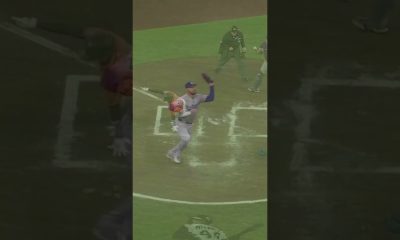Sometimes, the key to interpreting the law lies not in what it says—but in what it leaves unsaid.
In the summer of 2021, shortly after the NCAA adopted its interim name, image, and likeness (NIL) policy, Benjamin Snyder, a North Carolina-based immigration lawyer, received a call from a friend—an agent representing several college basketball coaches. The agent had a pressing question: How could his coaching clients include international athletes in the evolving NIL landscape?
At the time, the prevailing belief was that international athletes—most of whom held F-1 student visas—were categorically excluded. U.S. immigration law largely prohibits F-1 visa holders from engaging in employment involving the performance of labor or services, and many assumed NIL deals with third parties fell squarely into that category. After all, the distinction between NIL and impermissible pay-for-play was supposed to hinge on what the athletes were doing to earn the money.
The conventional wisdom, then, held that international athletes could only participate in NIL activities while physically outside the United States.
But Snyder read the situation differently. After examining the legal landscape, he concluded that many NIL deals qualified as passive income rather than active employment—income that F-1 visa holders are not explicitly barred from receiving. Based on this interpretation, Snyder argued that international athletes could legally accept third-party NIL payments even while residing in the U.S.
That analysis proved to be welcome news to college coaches, especially in sports like basketball, who were eager to recruit international talent that might otherwise have turned professional overseas.
Snyder has since emerged a central figure in efforts to help Power 4 schools include international athletes in the revenue-sharing plans outlined in the House v. NCAA settlement. He says he has advised roughly a dozen institutions across the Big Ten, ACC and Big 12, offering guidance on how to structure contracts and ensure compliance with immigration law.
One key consideration: If revenue-sharing payments from schools to athletes are to be classified as passive income for immigration purposes, then recipients must properly withhold taxes in accordance with that classification.
Still, the first—and often most difficult—step is convincing campus international student services offices, which function as frontline immigration enforcers. But to date, he’s had nobody reject his guidance.
Immigration law, broadly speaking, is a complex and often contentious area of American jurisprudence. Snyder concedes that, in the absence of clear case law or administrative guidance, practitioners are largely navigating in the dark. Even so, he maintains that his legal theory would stand up well in court. In formulating his position, Snyder analyzed distinctions in the U.S. tax code between active earned income and passive royalty income—the latter being exempt from self-employment tax.
A critical precedent came from the 1983 Kramer v. Commissioner case, which explored whether royalty income qualified as earned income under the minimum tax rules. The Tax Court found that 70% of former tennis pro Jack Kramer’s endorsement deal with Wilson, based on royalties from racquets and merchandise bearing his name, constituted royalties tied to commercial use of his NIL. The remaining 30% was deemed compensation for personal services.
“That helps us demarcate where passive income ends and employment begins,” Snyder explained. “It’s in the performance of some activity, including activity to promote the product or the merchandise they are selling.”
Some leagues seem to be incorporating Snyder’s view into policies, at least passively. While the Big Ten Conference has taken no official stance on whether F-1 visa holders may receive House payments, it deliberately structured its template revenue-sharing agreement as a passive license, in part to accommodate international athletes.
However, not everyone is buying Snyder’s argument.
Ksenia Maiorova, a Florida-based lawyer who specializes in advising international college athletes, dismissed Snyder’s position as a “legal fiction.”
“I like Ben, he is a really nice guy, but I vehemently disagree with him on this legal position,” Maiorova said. “I believe it is form over substance.”
For Maiorova, the heart of the issue lies in the visa approval process itself—controlled by individual consular officers who wield broad discretion. And under the Trump administration’s heightened scrutiny, that discretion can become a serious obstacle.
Her concerns are shaped in part by conversations with former consular officers like Chris Richardson, who previously served as a visa chief for the State Department and conducted tens of thousands of visa application interviews. Richardson told Sportico that if he were assessing a prospective international college athlete with a revenue-sharing deal, he would have “a lot of concerns.”
“Most of these deals are being structured as passive income, and maybe that will work for some officers, but it doesn’t seem to pass the smell test,” said Richardson, now president and general counsel of immigration consultancy BDV Solutions. “You are literally doing the most active physical labor possible, and you are being paid for it.”
At the same time, Richardson acknowledged that immigration law often lags behind real-world developments. Some consular officers, he noted, may try to account for that.
So, would he approve an F-1 visa application involving athlete revenue-sharing?
“I would probably say yes,” Richardson admitted. “I would probably try to look at it as passive as possible. But for all officers, it is a bit of a stretch.”
Too much of a stretch, in Maiorova’s view.
Still, she concedes that her warnings are “not being heeded.” That was made clear at last month’s annual convention of the National Association of College Directors of Athletics (NACDA), where F-1 visas and revenue-sharing payments were a major topic of conversation.
“Institutions have come to believe—and I don’t think unreasonably—that NIL enforcement by the NCAA has no teeth,” she said. “Schools have gotten away with doing things the NCAA has specifically prohibited … and there has been little practical recourse.”
In this case, though, the enforcer isn’t the NCAA, or even the newly formed College Sports Commission. It’s U.S. Immigration and Customs Enforcement (ICE).
One Power Four school’s athletics compliance official, speaking anonymously, voiced fears that the issue could become a flashpoint in the broader immigration debate. He said his department has even conjured the possibility of ICE agents pulling an athlete off the court during a televised game.
In the early months of his second term, President Donald Trump has repeatedly attacked higher education, most notably through his administration’s legal battles with Harvard.
Yet, as Richardson pointed out, many of the universities now preparing to distribute House payments to F-1 athletes are public institutions in Trump-supporting states, complicating the politics of enforcement.
Snyder, for his part, remains confident in his legal reasoning but recognizes the inherent unpredictability of the system.
“I want to make clear that this analysis and application of law is rock solid,” he said. “But generally speaking, there is so much in the world of immigration that is subject to executive branch discretion and varying interpretation.”
With the current visa application cycle—typically starting in May—already underway, Snyder said that none of the F-1 applicants at his client schools have been denied. Several international athletes, he added, are already on campus.
Both Maiorova and Richardson believe the more secure path for athletes seeking revenue-sharing deals would be to apply for P-1A work visas, which are designed for “internationally recognized athletes.” The problem? That process is far more burdensome and not intended for students whose primary purpose is academic.
Maiorova is currently co-representing LSU women’s basketball player Last-Tear Poa, an Australian national, in a lawsuit against U.S. Citizenship and Immigration Services (USCIS) over its denial of her P-1 visa application. A federal judge is currently considering both sides’ motions for summary judgment.
Snyder noted that he, too, has represented elite international athletes whose P-1 applications were rejected.
Under the P-1A visa, professional athletes may enter the U.S. to compete in a specific event and participate in related promotional activities. That’s why foreign NBA players, for instance, can legally appear in commercials. But in the context of college athletics, Snyder said, U.S. immigration officials tend to view such promotional efforts as beyond the scope of competition—as “extra-extra-curricular activities,” in his words.
“We feel our position is very consistent with the very little bit we know about how USCIS thinks about this so far,” Snyder said. “But it’s still a very new and emerging area.”








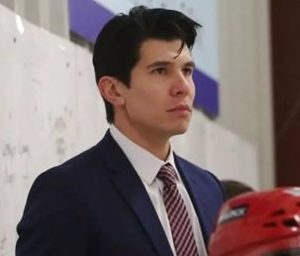

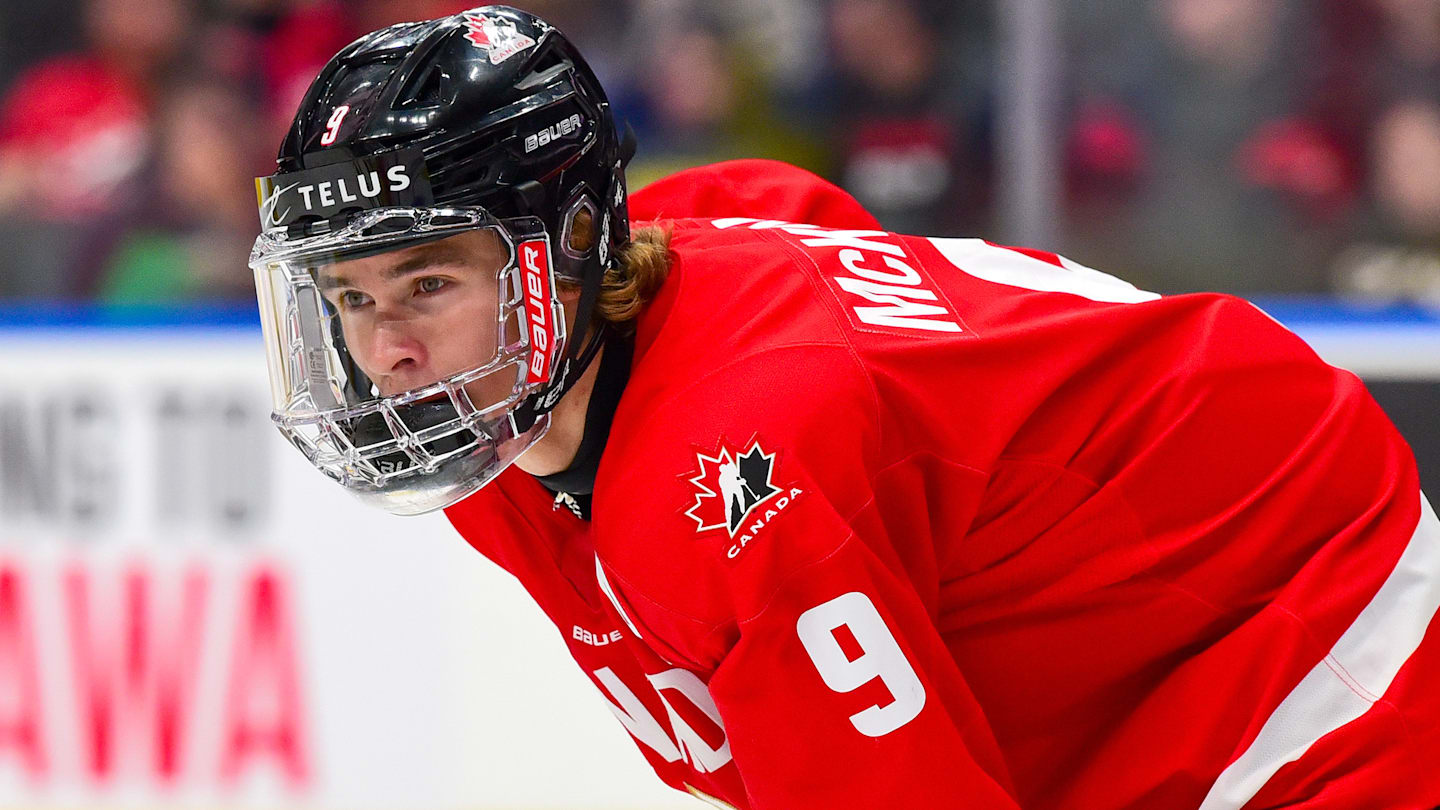

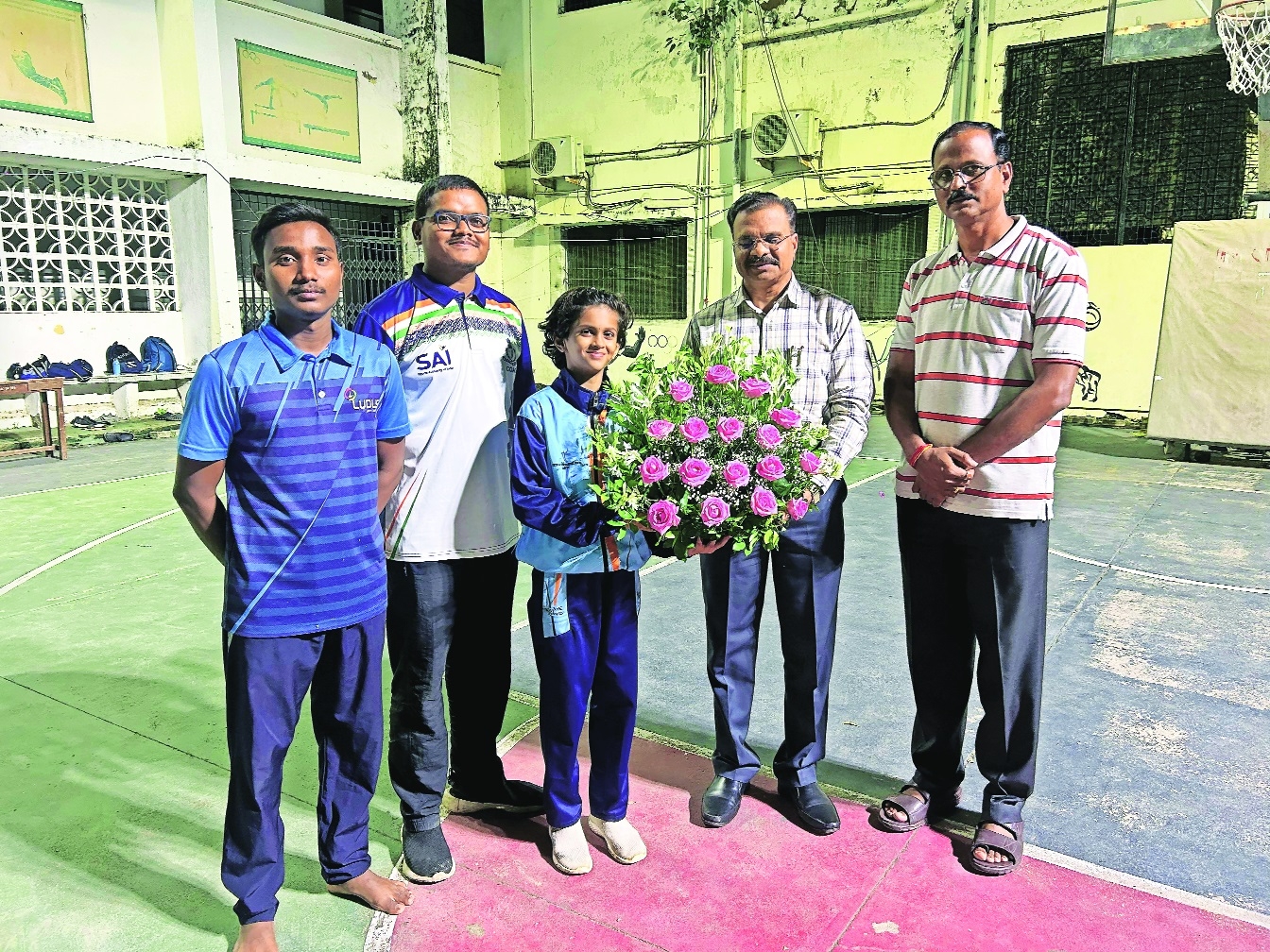

































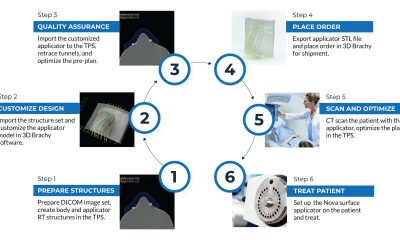
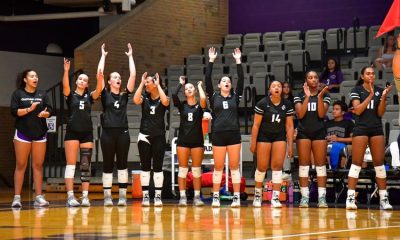






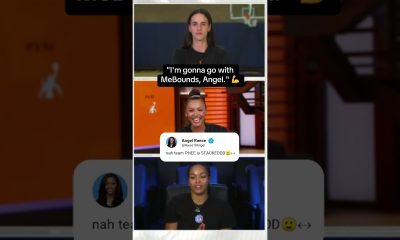

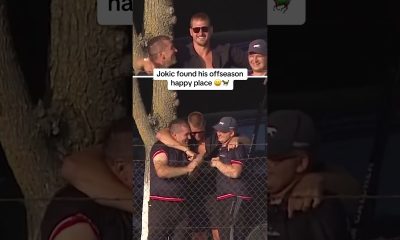

 (via @arenasporttv/TT)
(via @arenasporttv/TT)

